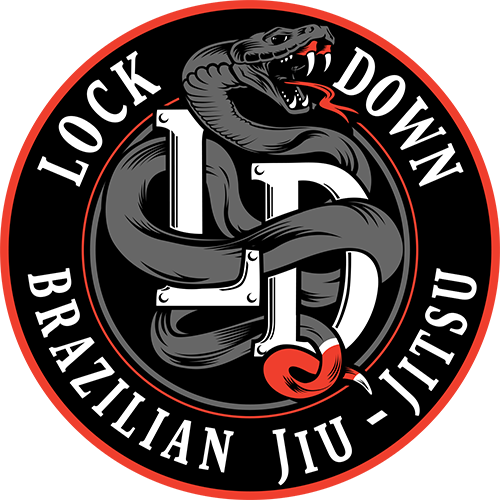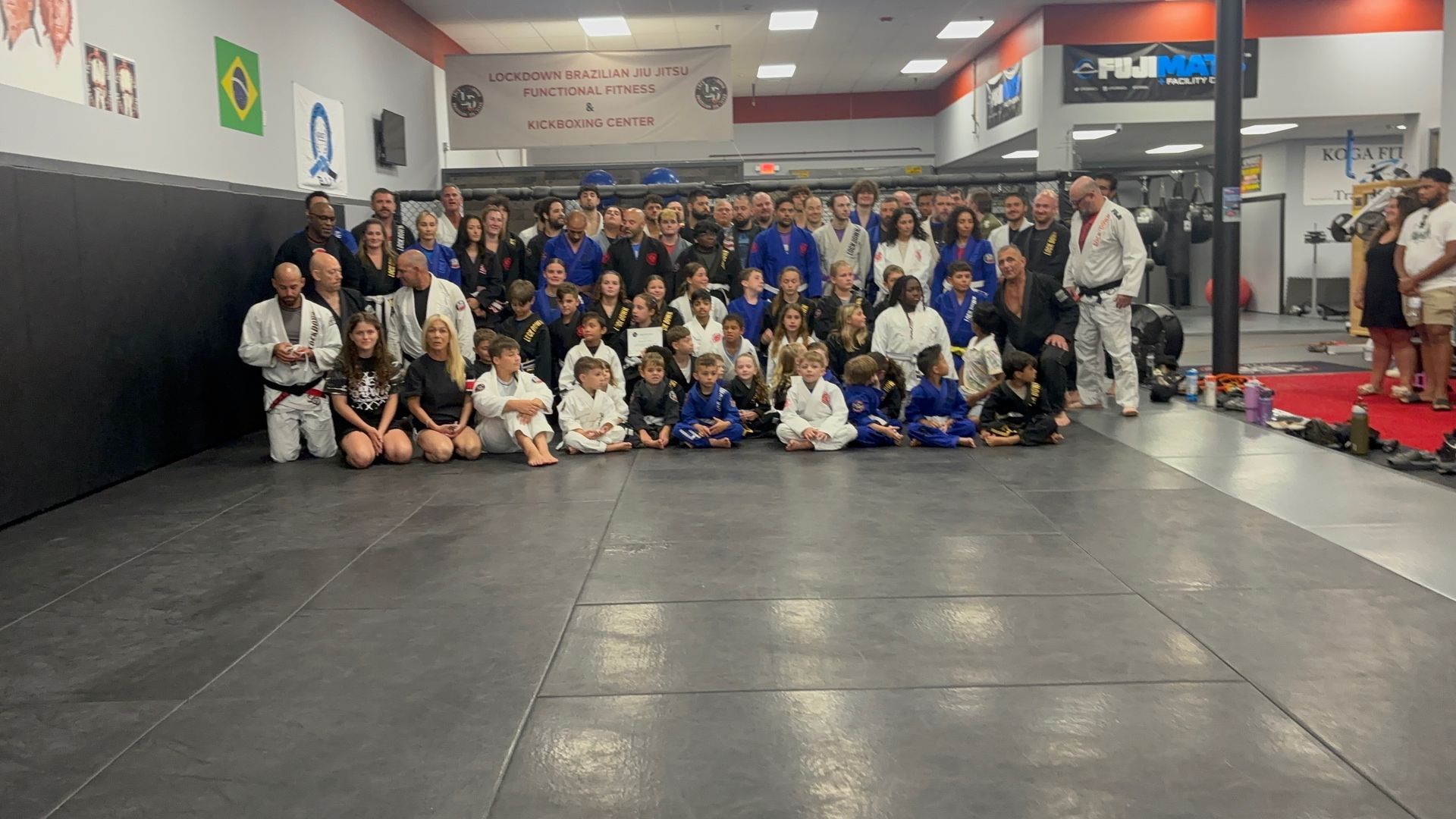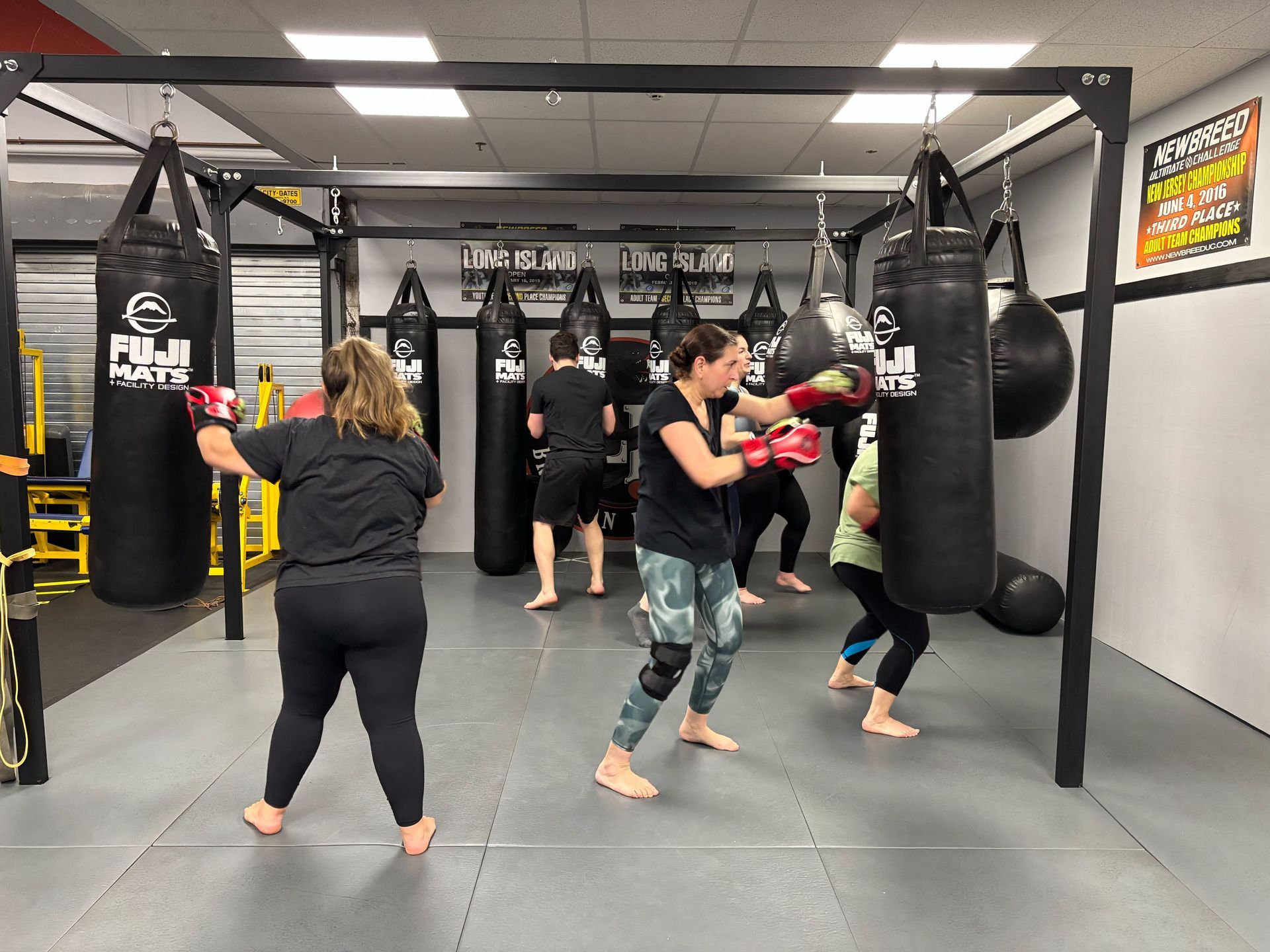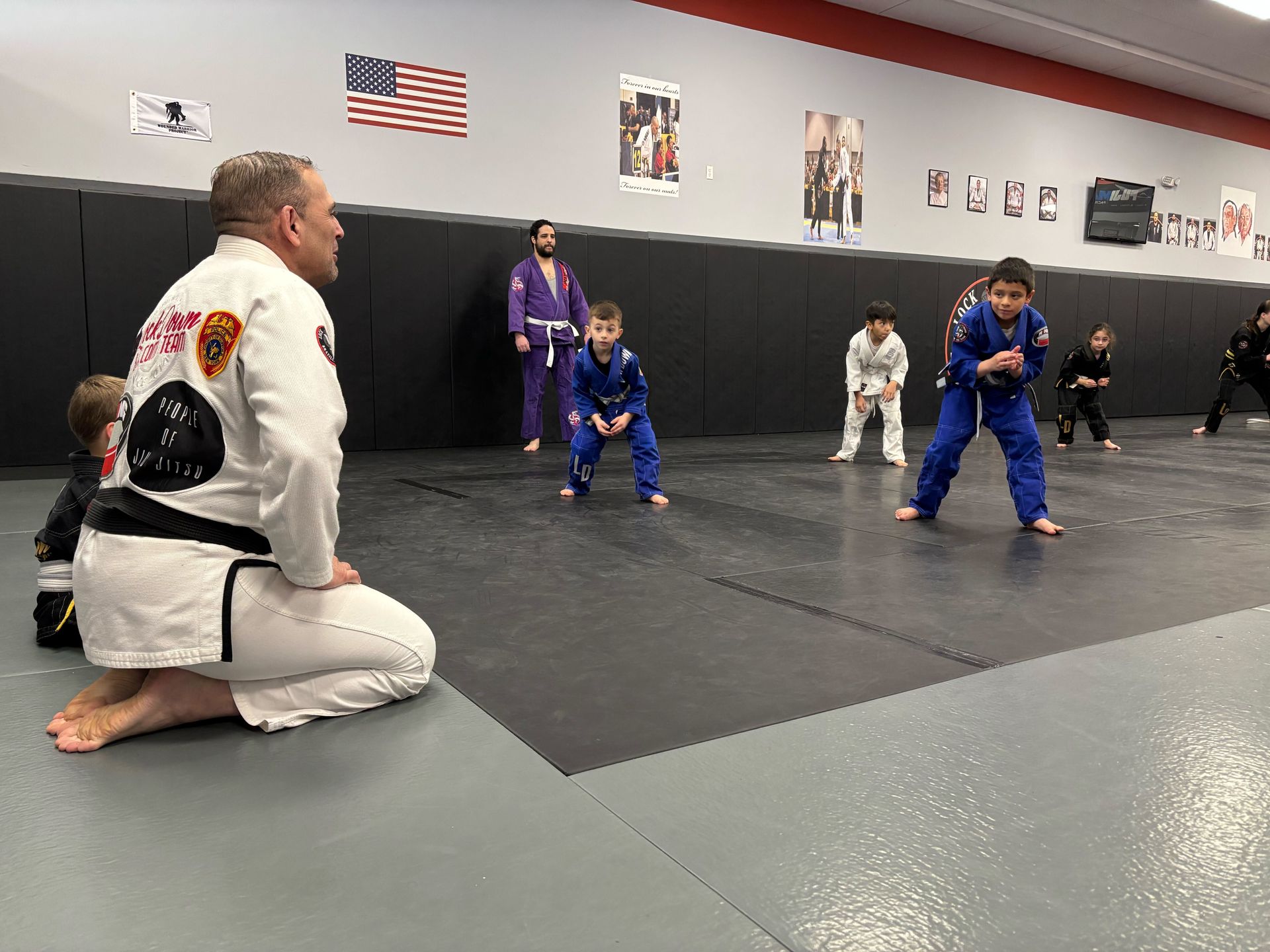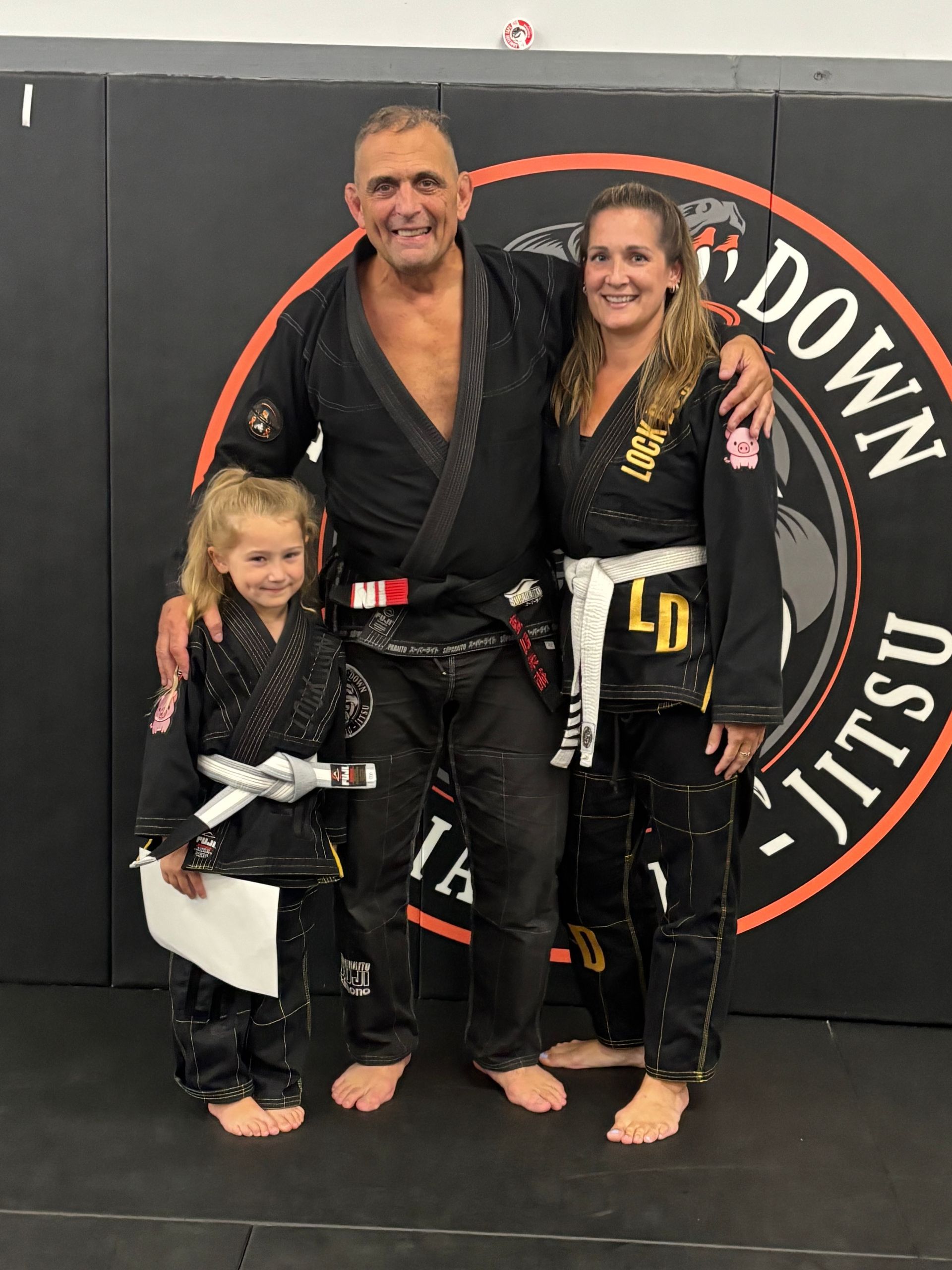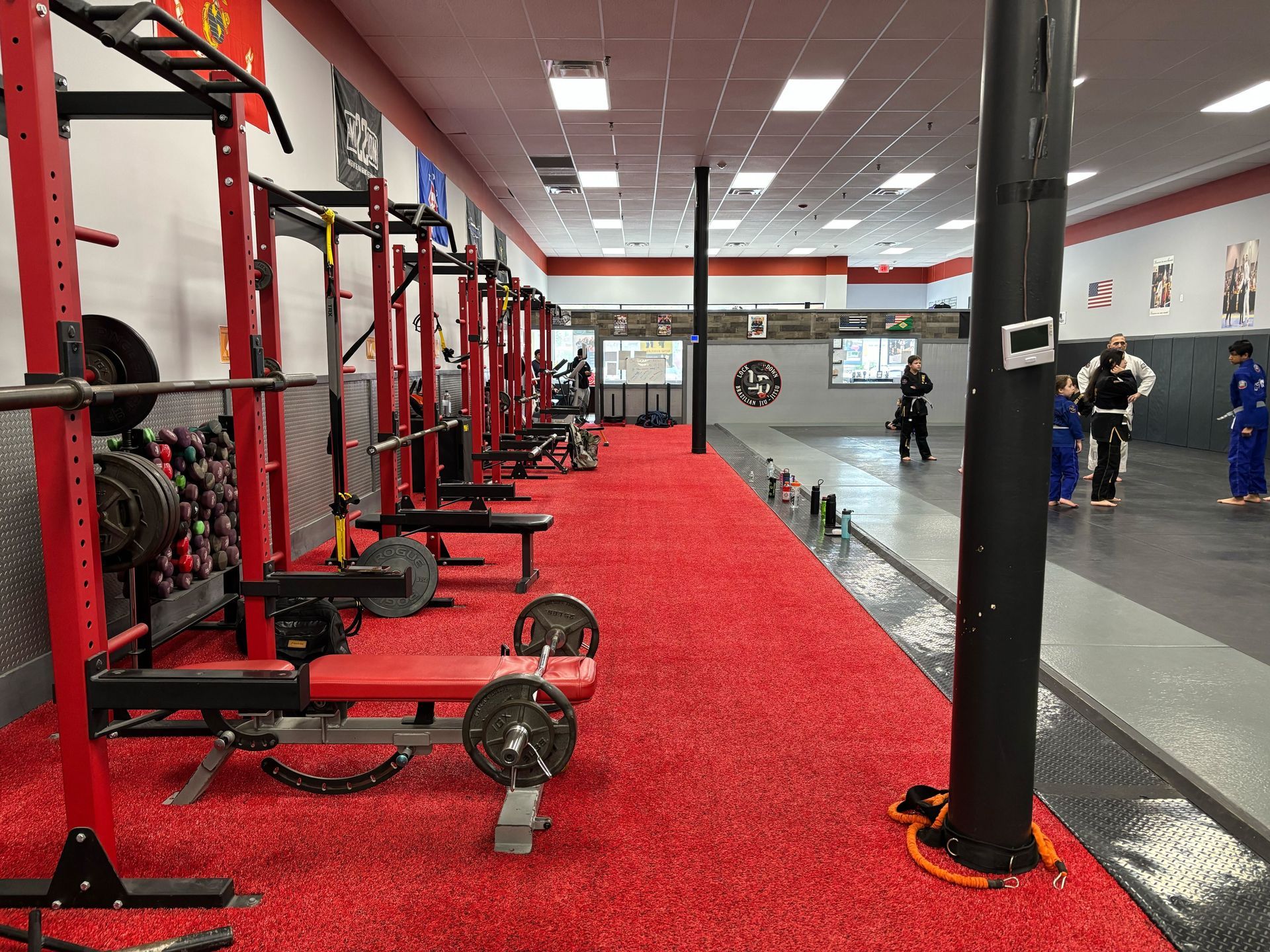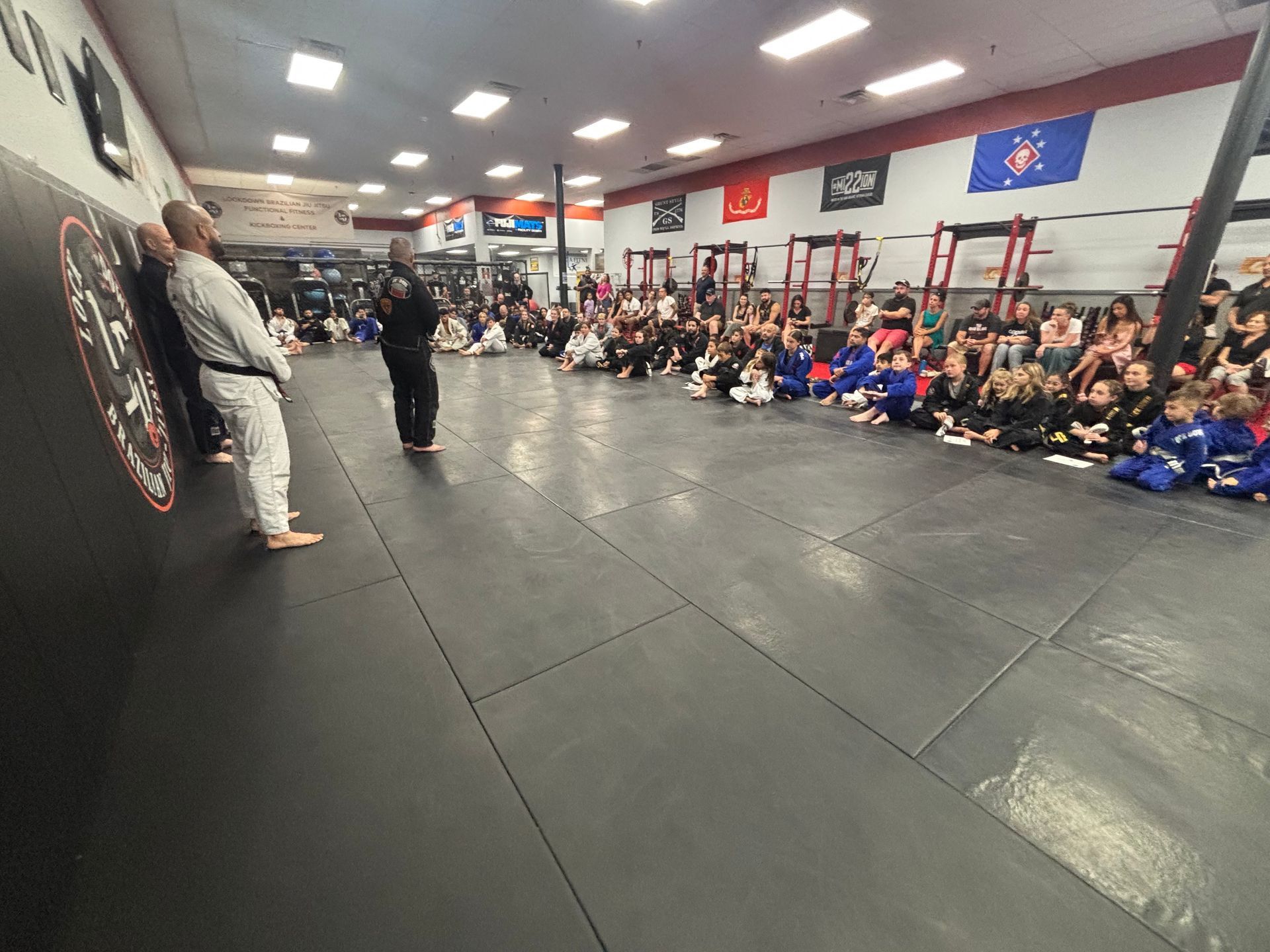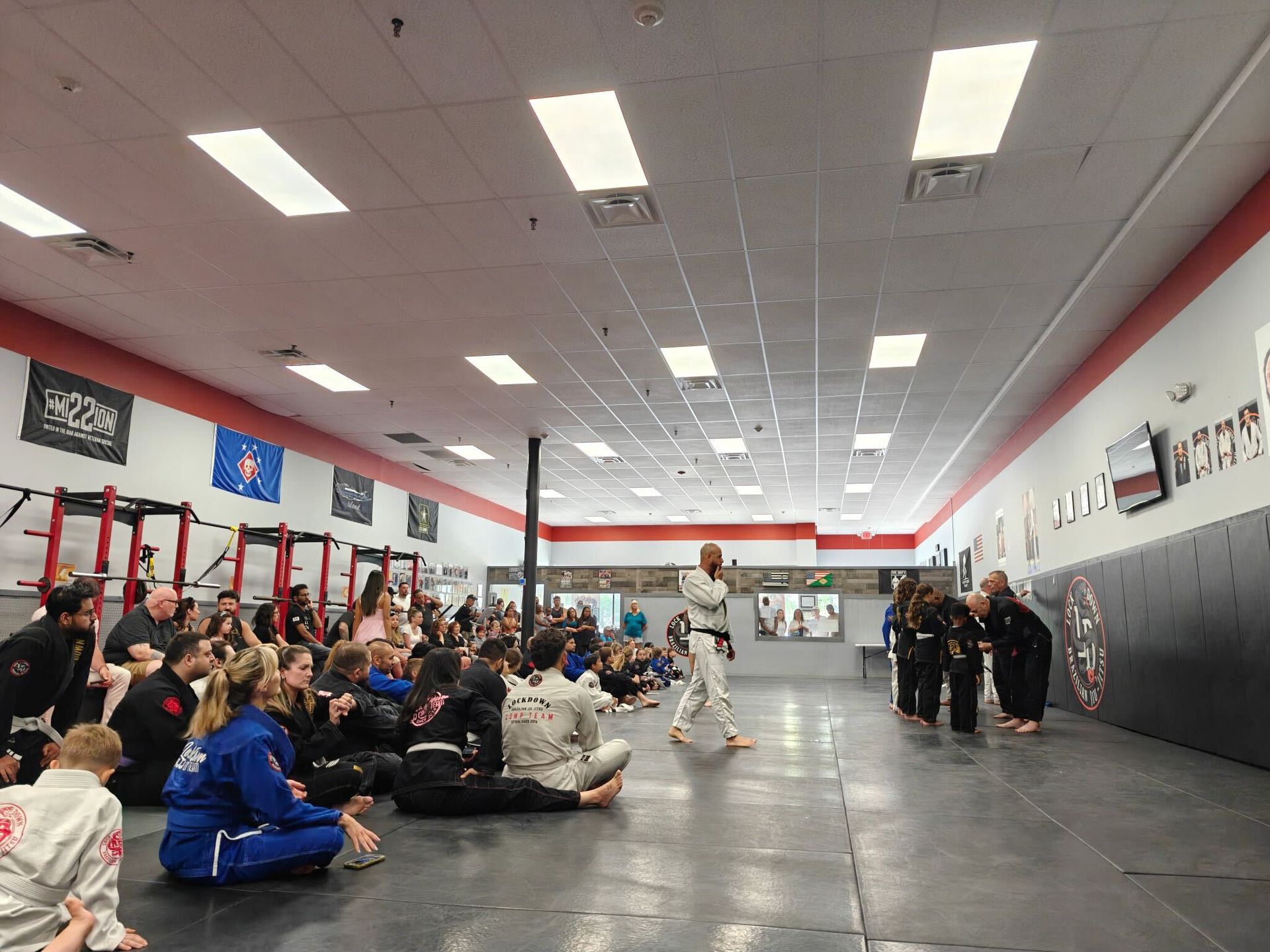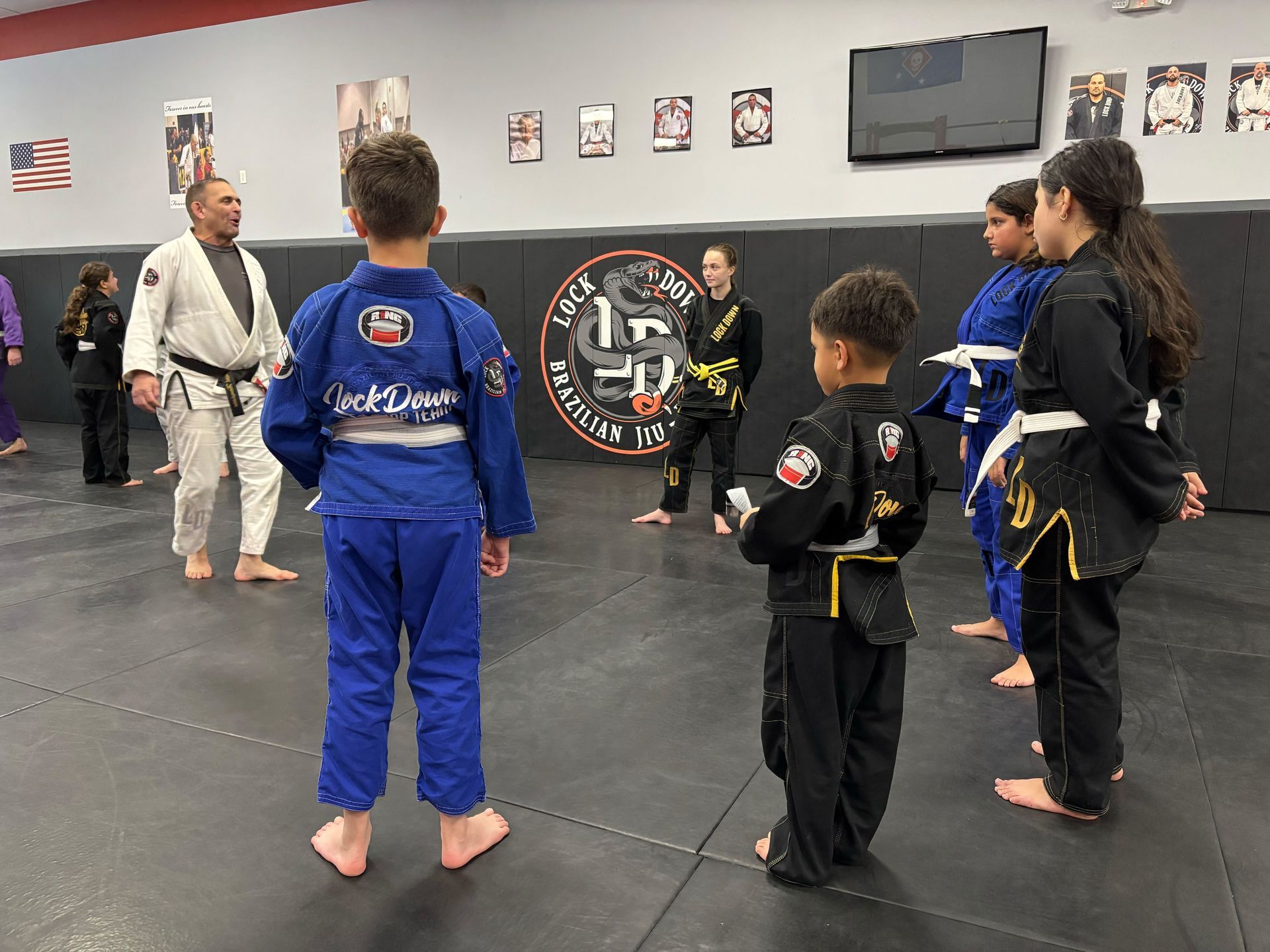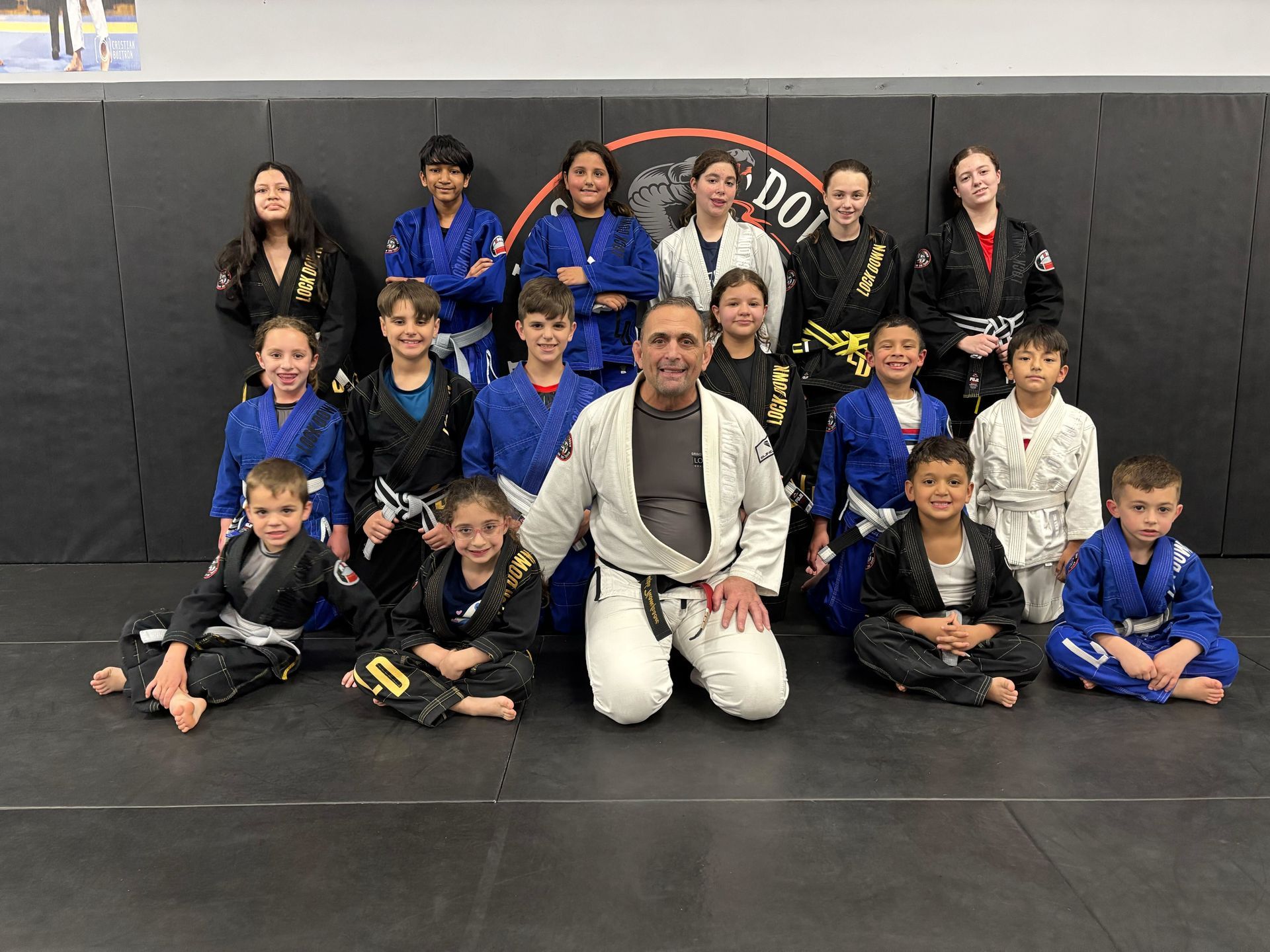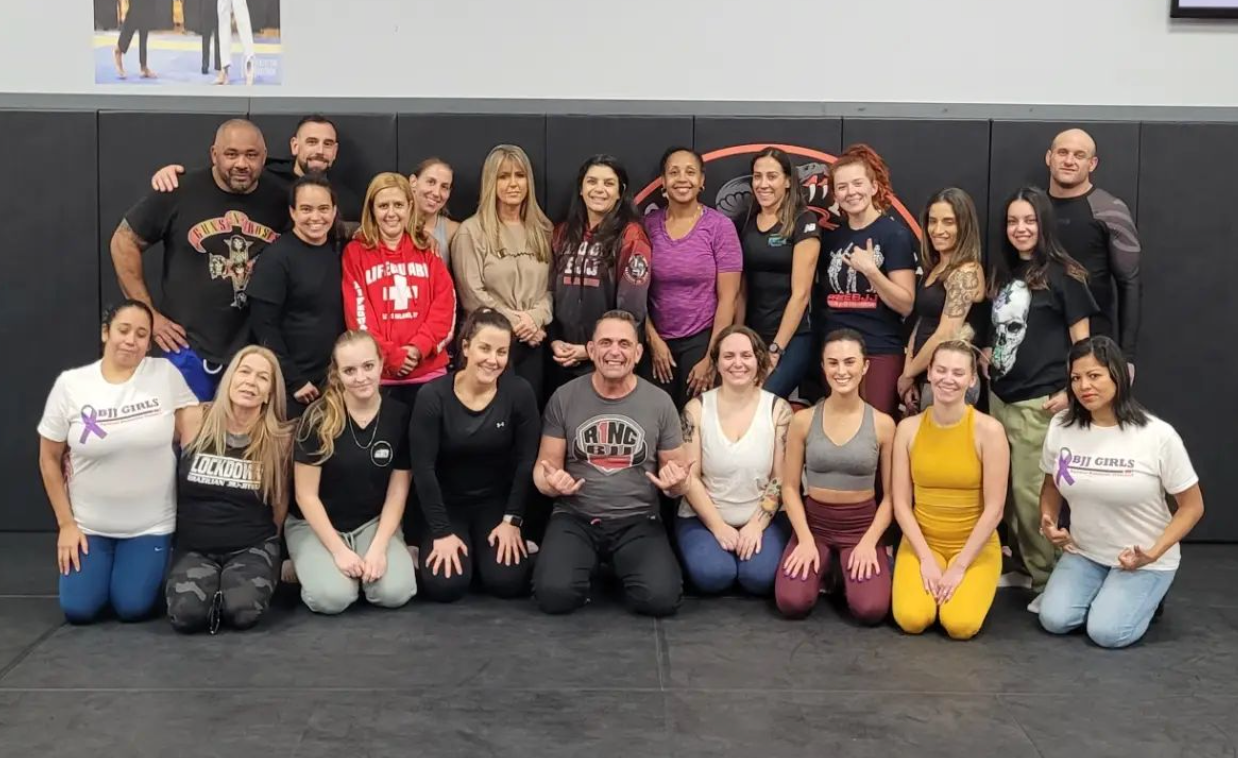Martial arts are more than just a form of self-defense or combat; they represent a holistic approach to physical fitness, mental well-being, and a disciplined lifestyle.
Whether you're a beginner or an advanced practitioner, you can integrate martial arts into your daily life in meaningful ways, improving both your body and mind. Here's how you can make martial arts a part of your routine.
Introduction to Martial Arts in Daily Life
Martial arts, rooted in ancient traditions, are systems of combat training used for self-defense, competition, physical fitness, and spiritual development. Over time, martial arts have evolved into a lifestyle that encourages balance between body, mind, and spirit. From improving physical endurance to enhancing mental clarity, incorporating martial arts into your daily life can be transformative.
The practice emphasizes principles such as respect, discipline, and mindfulness—traits that are just as valuable off the mat as they are on. When approached with consistency, martial arts can improve not only your physical well-being but also your emotional and mental health.
Choosing the Right Martial Art for You
One of the first steps to incorporating martial arts into your life is selecting the style that aligns with your goals and personality. There are many styles, each with its unique focus:
- Karate: Emphasizes striking, kicking, and open-hand techniques.
- Brazilian Jiu-Jitsu (BJJ): Focuses on grappling and ground fighting.
- Taekwondo: Known for its high kicks and dynamic footwork.
- Muay Thai: The “Art of Eight Limbs,” incorporating fists, elbows, knees, and shins.
- Aikido: Based on redirecting the opponent’s force rather than directly confronting it.
Choosing the right martial art depends on your goals. Do you want to improve your fitness? Learn self-defense? Or are you interested in the philosophical and spiritual aspects of martial arts? By identifying your priorities, you can find a style that suits your lifestyle.
Setting Realistic Martial Arts Goals
Once you've chosen a martial art, setting realistic goals is crucial for long-term success. Martial arts offer benefits across multiple dimensions—physical fitness, mental discipline, self-defense, and personal growth. Start by outlining what you want to achieve, such as:
- Fitness goals: Improving strength, endurance, flexibility, or weight loss.
- Skill development: Mastering techniques, progressing through belt ranks, or refining forms.
- Personal growth: Building discipline, confidence, or mental clarity.
Set short-term goals (e.g., attending two classes per week) and long-term goals (e.g., achieving a black belt or mastering a specific form). Tracking your progress with journals or apps can keep you motivated and focused.
Starting Your Morning with Martial Arts
Mornings are an ideal time to incorporate martial arts into your daily routine. You can start your day with a simple sequence of stretching, breathing exercises, and basic techniques. This practice will wake up your muscles, enhance flexibility, and set a positive tone for the day.
- Stretching and warm-up: Incorporating yoga-like stretches will prevent injuries and improve mobility.
- Breathing exercises: Practicing deep breathing or "Qi Gong" exercises enhances mental clarity and calms the nervous system.
- Basic martial arts techniques: Practicing basic stances, punches, or kicks gets your body moving and energizes your day.
By integrating a brief martial arts routine into your morning, you'll be more alert and focused as you move into the rest of your daily tasks.
Martial Arts as a Form of Exercise
Martial arts can serve as an excellent full-body workout. Different martial arts provide varied forms of physical activity:
- Strength training: Karate and Muay Thai emphasize striking and kicking, which engage core and leg muscles.
- Flexibility: Styles like Taekwondo require dynamic stretching and flexibility in kicks.
- Cardiovascular endurance: Fast-paced martial arts like kickboxing or Brazilian Jiu-Jitsu offer high-intensity workouts that build endurance.
Training sessions can easily replace or complement your regular gym workouts. Integrating martial arts as a form of exercise improves cardiovascular health, strengthens muscles, and increases agility.
Integrating Martial Arts into Your Workday
Even during a busy workday, you can integrate martial arts principles and techniques. Focus on:
- Desk stretches: Combat long hours of sitting with quick stretches like shoulder rolls, neck stretches, and hip openers.
- Mental focus techniques: Martial arts stress mental clarity and focus. Practice mindfulness or simple breathing exercises during breaks to clear your mind.
- Time management: Use the discipline you’ve learned from martial arts to manage your time efficiently, ensuring a balance between work and personal growth.
Applying these small habits can make your workday more productive and less stressful.
Practicing Martial Arts at Home
You don’t always need to go to a dojo or gym to practice. Home practice can be incredibly effective if done consistently. Here’s how to create a conducive environment for training at home:
- Space setup: Dedicate a small space for your training. It should be free of clutter with enough room for movements.
- Basic drills: Spend 10-15 minutes a day practicing footwork, shadowboxing, or kata (pre-arranged forms).
- Shadowboxing and forms: Practicing techniques without a partner sharpens your movement and reflexes.
Home training helps maintain your skills between formal classes and reinforces the discipline required in martial arts.
Martial Arts for Mental Well-Being
Beyond physical fitness, martial arts offer numerous mental health benefits. The meditative aspects of martial arts like Tai Chi or Aikido help cultivate mental resilience and emotional control. Practices like deep breathing, mindfulness, and moving meditation allow you to manage stress, reduce anxiety, and improve concentration.
Daily martial arts practice instills a sense of calm, balance, and mental clarity, helping you cope with the pressures of modern life.
Incorporating Martial Arts Philosophy into Your Life
Martial arts are not just about physical techniques—they are rooted in a rich philosophical tradition that can be integrated into everyday life. Central to many martial arts disciplines are principles such as respect, discipline, honor, and self-control. These values encourage practitioners to act with integrity, patience, and mindfulness in their personal and professional lives. For example, practicing humility and respect on the mat translates to showing consideration and understanding in interactions with others. By applying martial arts philosophy to your decision-making, relationships, and daily actions, you can foster a deeper sense of purpose and self-awareness.
Living the "martial way" helps cultivate a calm, centered approach to challenges, promoting personal growth and resilience.
Martial Arts and Healthy Eating Habits
Incorporating martial arts into your life goes hand in hand with adopting a healthy diet to fuel your body. Martial artists often follow nutritional principles that emphasize balance, energy, and recovery. For instance, consuming high-quality proteins, complex carbohydrates, and healthy fats can support muscle repair, endurance, and overall well-being. Hydration is also critical, as martial arts training demands physical exertion that depletes water and electrolytes. Additionally, practicing mindful eating—paying attention to what and how you eat—can help you maintain a balanced diet that enhances both performance and recovery.
Nutritional discipline complements martial arts training, providing the energy needed for physical activity while promoting long-term health.
FAQs
1. How long should I practice martial arts daily?
You can start with 15-30 minutes of focused training each day, gradually increasing to an hour as your skill and stamina improve. Consistency is more important than the duration, so aim for regular practice rather than long, infrequent sessions.
2. Can martial arts help me manage stress?
Absolutely! Many martial arts, like Tai Chi and Aikido, incorporate breathing techniques, mindfulness, and meditation, which help reduce stress. The physical activity also releases endorphins, improving your mood and mental state.
3. Do I need special equipment to practice at home?
No, you can start with bodyweight exercises, basic drills, and shadowboxing. Over time, you may invest in equipment like a punching bag, gloves, or mats, but initially, your body and space are enough.
4. Can children practice martial arts with me?
Yes, martial arts are excellent for children, teaching them discipline, respect, and self-confidence. Many martial arts schools offer family classes, or you can practice basic drills together at home for bonding.
5. Is it possible to combine martial arts with other fitness routines?
Definitely! Martial arts can complement other activities like yoga, weight training, or cardio. Many practitioners combine martial arts with strength training to build a well-rounded fitness regimen.
6. Can I learn martial arts online?
While in-person training is ideal for feedback and corrections, there are many online resources, including videos and virtual classes, that allow you to practice techniques and forms at home.
Final Thoughts
Incorporating martial arts into your daily life offers far-reaching benefits for both your body and mind. It fosters discipline, promotes physical fitness, and encourages mindfulness, leading to personal growth and resilience. By making martial arts a consistent part of your routine, whether through morning stretches, home drills, or philosophical reflections, you can experience a positive transformation. With dedication and practice, martial arts can become a lifelong journey of self-improvement, benefiting all areas of your life.
